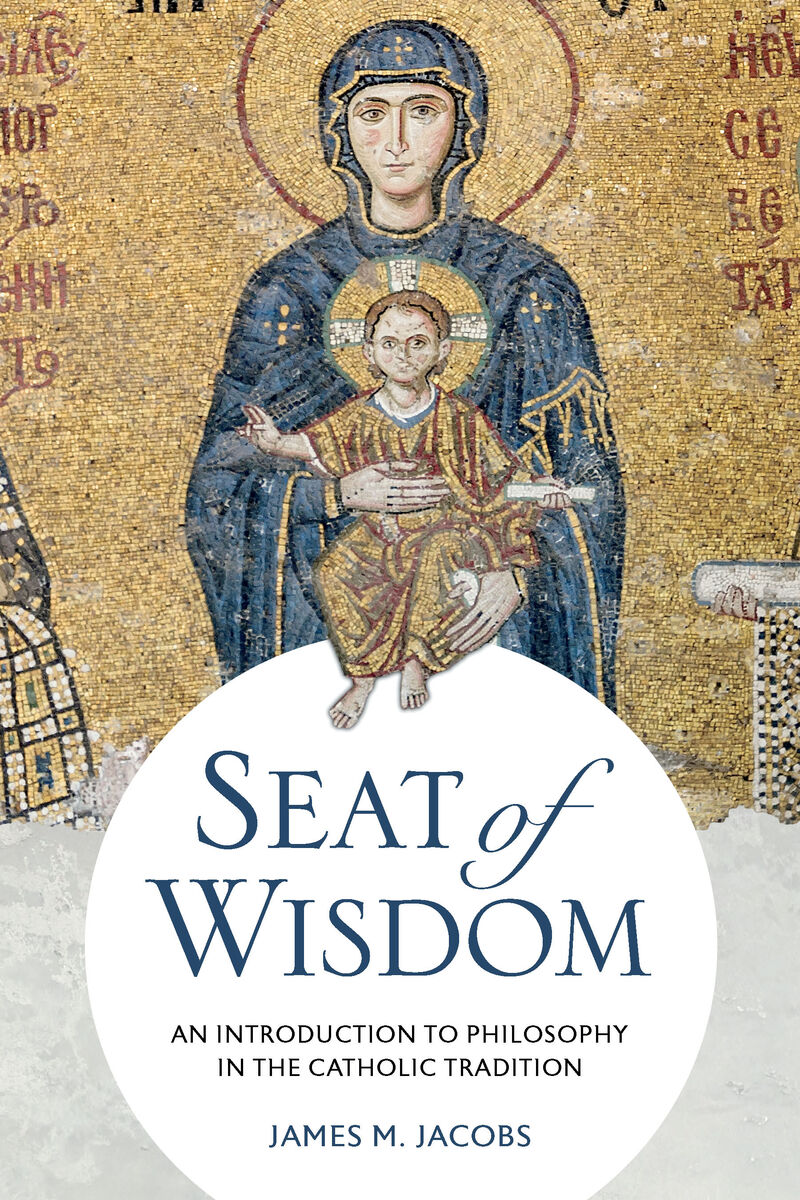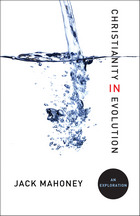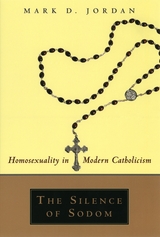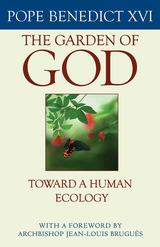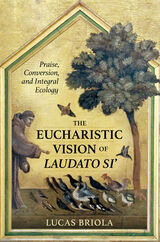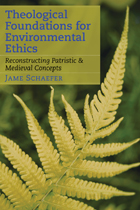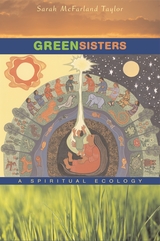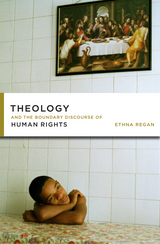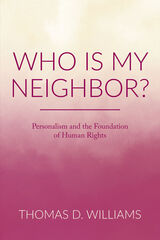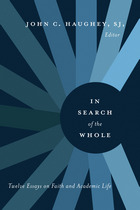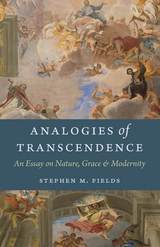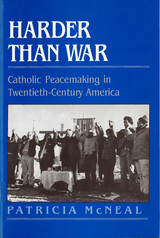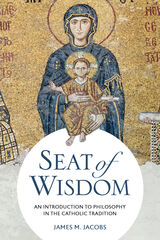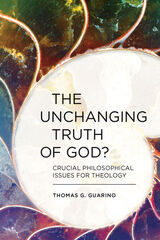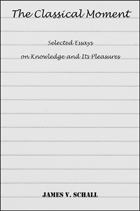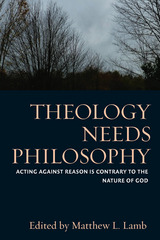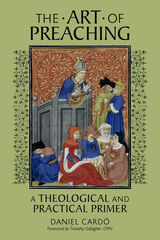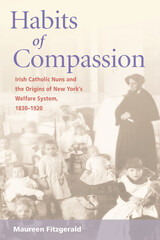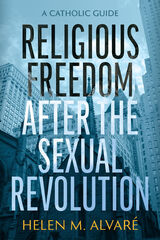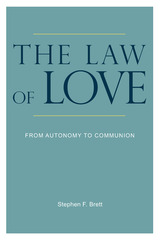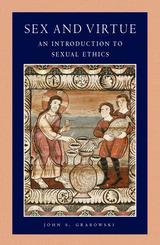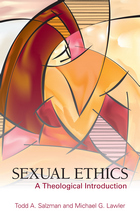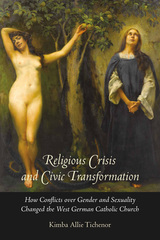Seat of Wisdom: An Introduction to Philosophy in the Catholic Tradition
Catholic University of America Press, 2021
eISBN: 978-0-8132-3466-3 | Paper: 978-0-8132-3465-6
Library of Congress Classification BX1795.P47
Dewey Decimal Classification 261.51
eISBN: 978-0-8132-3466-3 | Paper: 978-0-8132-3465-6
Library of Congress Classification BX1795.P47
Dewey Decimal Classification 261.51
ABOUT THIS BOOK | TOC
ABOUT THIS BOOK
The Catholic Church has always recognized that philosophy is necessary both to understand the faith as well as to defend it. The need for a philosophically informed faith has become more acute with the rise of secularism. Seat of Wisdom demonstrates that the philosophical principles developed in the Catholic tradition, especially as articulated in Thomism, provide the intellectual foundation for belief in God and are also the only reliable basis for a fully coherent vision of man’s place in the world.
Seat of Wisdom begins with an exploration of the relationship between faith and reason. Philosophy’s essential role is to discover the rational principles underlying the intelligible order of reality. These principles act as a bridge connecting science and religious faith, enabling the believer to integrate all facets of human experience.
Each of those first principles, as expressed in the transcendental properties, are then analyzed as the basis of the major philosophical disciplines. Starting with metaphysics’ study of being, the argument proceeds to consider the true, the good, and the beautiful in terms of epistemology, anthropology, ethics, aesthetics, and political philosophy. Lastly, these principles are shown to point to God as creator.
The strength of the Catholic philosophical tradition is evident when contrasted with reductive theories which fail to account for the breadth of human experience. Consequently, each chapter will introduce influential philosophers whose inadequate theories inform contemporary assumptions. Against this, the Thomistic argument is elucidated as being inclusive of the insights of the reductive position. It will be seen that this “both/and” approach is the only way to do justice to the glory of God and the gift of creation.
Religion is prey to skepticism when it is isolated from the rest of knowledge. This integrative argument, uniting discussions of nature, politics, and theology according to common principles, enables the reader to grasp the unity of wisdom. Moreover, by engaging alternative positions, it provides the reader with tools to defend the Catholic worldview against those reductive philosophies which only deprive life of its full meaning.
Seat of Wisdom begins with an exploration of the relationship between faith and reason. Philosophy’s essential role is to discover the rational principles underlying the intelligible order of reality. These principles act as a bridge connecting science and religious faith, enabling the believer to integrate all facets of human experience.
Each of those first principles, as expressed in the transcendental properties, are then analyzed as the basis of the major philosophical disciplines. Starting with metaphysics’ study of being, the argument proceeds to consider the true, the good, and the beautiful in terms of epistemology, anthropology, ethics, aesthetics, and political philosophy. Lastly, these principles are shown to point to God as creator.
The strength of the Catholic philosophical tradition is evident when contrasted with reductive theories which fail to account for the breadth of human experience. Consequently, each chapter will introduce influential philosophers whose inadequate theories inform contemporary assumptions. Against this, the Thomistic argument is elucidated as being inclusive of the insights of the reductive position. It will be seen that this “both/and” approach is the only way to do justice to the glory of God and the gift of creation.
Religion is prey to skepticism when it is isolated from the rest of knowledge. This integrative argument, uniting discussions of nature, politics, and theology according to common principles, enables the reader to grasp the unity of wisdom. Moreover, by engaging alternative positions, it provides the reader with tools to defend the Catholic worldview against those reductive philosophies which only deprive life of its full meaning.
See other books on: Catholic Church and philosophy | Catholic Tradition | Metaphysics | Seat | Wisdom
See other titles from Catholic University of America Press
